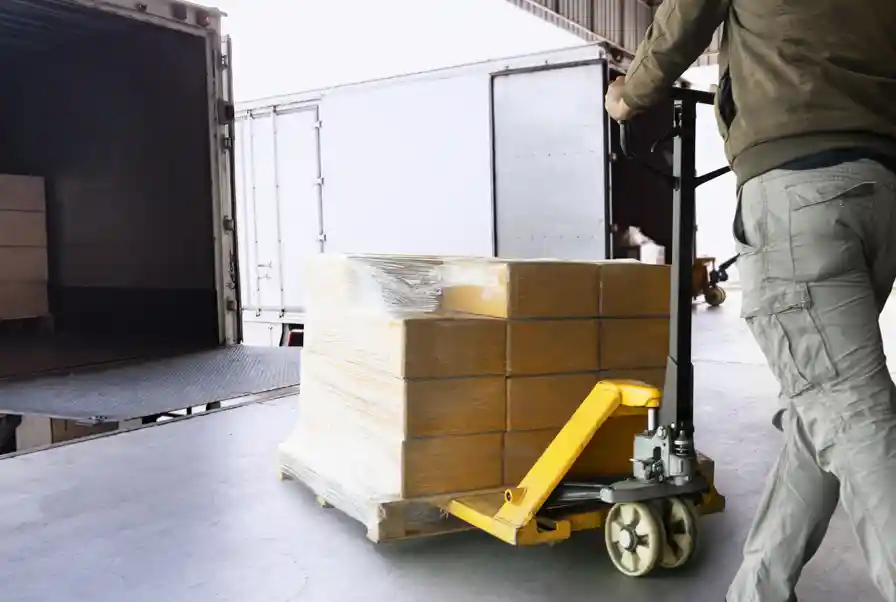Maximizing International Logistics with LCL Shipping: A Practical Guide
In the current global trade scenario, companies frequently encounter the difficulty of transporting low volumes effectively. Less than Container Load (LCL) shipping presents a cost-effective and adaptable solution, particularly for small and medium businesses (SMEs) seeking logistics agility. This handbook simplifies the process, advantages, and optimization approaches of LCL shipping, providing smarter options to conventional freight forwarding and customs processing.
Understanding LCL Shipping: A Smart Solution for Smaller Shipments
LCL shipping permits several shippers to utilize space within a shared container, making it convenient to transport cargo that does not occupy an entire container. It’s a viable cost-sharing method and effective way to ship small volumes.
Facilitating LCL Shipping
Use real-time tracking, partner with trusted forwarders, insure shipments, and master customs for smooth, cost-effective LCL shipping.
Blockchain, IoT, and AI will usher in greater security, surveillance, and efficiency.
Good practices count towards lower costs, lessening the strains on the environment.
Strategic partnerships and technology-enhanced solutions that leverage cost, speed, and reach.
Key Aspects of LCL Shipping
Goods from different shippers are consolidated into a single container prior to shipping. Upon arrival at the destination, it’s deconsolidated and distributed to individual recipients.
Freight forwarders organize the logistics process—handling documentation, arranging cargo space, and making timely consolidation and delivery through their international networks.
LCL cargo has to clear customs at the destination, where paperwork, taxes, and inspections are dealt with. Effective clearance prevents delays and ensures seamless delivery.
Why Choose Global Storage Innovations
- Economical Shipping
You only pay for the space your products take up, lowering the overall freight cost as compared to Full Container Load (FCL) shipping. - Increased Flexibility
LCL enables shipping without waiting for a full container to be filled, allowing for quicker and more regular shipments. - Enhanced Inventory Control
Frequent and smaller shipments complement Just-In-Time (JIT) inventory systems, reducing warehousing and storage costs. - Greater Access to Markets
LCL facilitates shipping to smaller or distant markets in which demand does not support full container loads.
Main Advantages of LCL Shipping
Use real-time tracking and online platforms to track cargo status, simplify communication, and improve transparency across the supply chain.
Collaborate with seasoned forwarders familiar with international logistics and regulatory requirements, guaranteeing expert handling and on-time delivery.
Cover your products with insurance against damage or loss during transit—especially crucial in shared containers.
Be aware of customs regulations and have correct documentation ready to prevent delays, fines, or border holds.
The Future of LCL Shipping: Tech and Sustainability
LCL shipping is transforming with green practices such as space optimization and recyclable packaging. Blockchain, AI, and IoT technologies are making operations smoother, providing intelligent tracking, secure documentation, and predictive logistics.
Conclusion: LCL Shipping as a Catalyst for Smarter Global Logistics
LCL shipping has emerged as a pillar of cost-effective and agile global trade. It allows companies to grow strategically, keep supply chains nimble, and lower costs without sacrificing service levels. Through the use of digital solutions, collaborating with reliable logistics providers, and adopting environmentally friendly practices, companies can maximize LCL shipping as a competitive tool in international markets.
